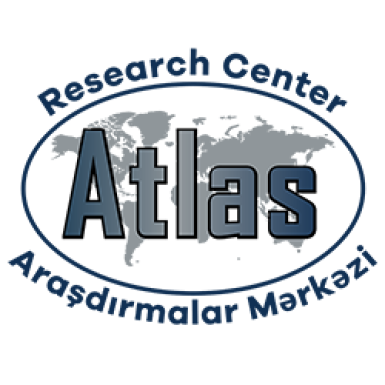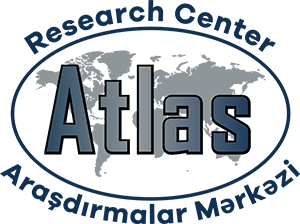A business visit of the First Deputy Minister of Foreign Affairs of Ukraine, Amina Jabbarova, to India was the focus of the international media. Amina Jabbarova met with the Deputy Minister of Foreign Affairs of India Minakshi Lexi and the Deputy Advisor of the Prime Minister on National Security Vikram Misri. Strengthening of bilateral cooperation between the two countries, restoration of the work of the Ukrainian-Indian intergovernmental commission on trade-economic, scientific-technical, industrial and cultural cooperation were discussed in Delhi. According to Jabbarova, during the meetings, she urged the Indian government to support the peace formula of Ukrainian President Volodymyr Zelensky.
Kiev is worried about China strengthening its strategic partnership with Russia. China's ambassador to France, Lou Shaye, speaking to the French TV channel "LCI", called Crimea "of Russian origin", increasing Kiev's concern about Beijing's policy. The Chinese ambassador also said that the former Soviet countries that gained their independence "do not have an effective status in international law". According to the Chinese diplomat, "there is no international agreement to realize the status of a sovereign country" of the states that gained independence. According to the "logic" of the Chinese ambassador, the independence of Ukraine, Georgia, Azerbaijan and the former republics within the USSR is nominal. Ambassador of Ukraine to France Vadim Omelchenko strongly reacted to the statements of the Chinese diplomat. The Ukrainian diplomat said that his Chinese counterpart has problems with geography. The Ukrainian ambassador said that the Chinese diplomat contradicted Beijing's policy of recognizing Ukraine's territorial integrity.
Chinese Defense Minister Li Shanfu's discussion with his Russian counterpart Sergei Shoigu during his two-day visit to Moksva recently, and his meeting with Kremlin owner Vladimir Putin also attracted the attention of Kiev. Therefore, Kiev has decided to strengthen cooperation with China's rivals in the region. India is at the head of these competitors. Delhi maintains a neutral foreign policy. While Beijing offers to mediate between Russia and Ukraine, Delhi does not interfere in these issues. Delhi, like Beijing, wants the war to end, but it is not particularly active for it. Kiev wants Prime Minister of India Narendra Modi to visit Kiev as well as Prime Minister of Japan. The realization of this visit is problematic. Because if Modi visits Kiev and does not go to Moscow, it will mean a violation of India's neutrality. Delhi does not want its neutrality to be violated. On the other hand, if Modi visits both Kiev and Moscow, he should make some statements and propose a plan to stop the war, like Chinese leader Xi Jinping. Beijing has an 11-point plan, while Delhi does not.
Washington also wants Delhi to actively defend Ukraine's position. Delhi has strengthened its partnership with the United States in recent years. Although India buys certain types of weapons from Russia, it is more interested in the military equipment of the United States and European countries. Nevertheless, Delhi prefers to continue dialogue with Moscow. Indian Foreign Minister Subramanyam Jaishankar said that the West should come to terms with India's position on Ukraine: "In Europe, they think that the world should deal with solving their problems, while Asia should solve its own problems." This means that Delhi will not pursue a more active policy regarding the Ukrainian war, except for calls for peace.
Before the war, thousands of students studied in Ukraine. After the war, the absolute majority of students returned. In some of the war-torn cities, the return of Indian demands was difficult. There was a serious danger for them. As a result of negotiations with Moscow, Delhi ensured the return of its besieged students. With the end of the war, Ukraine would like Indian students to study in Ukraine again. This is possible only after the end of the war.
"Atlas" Research Center


